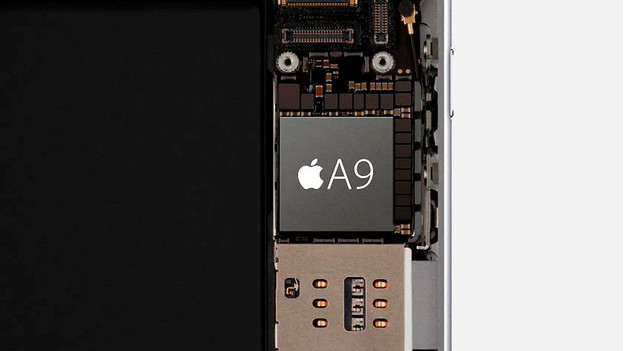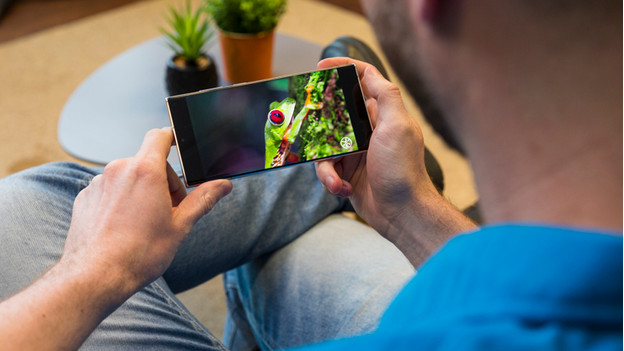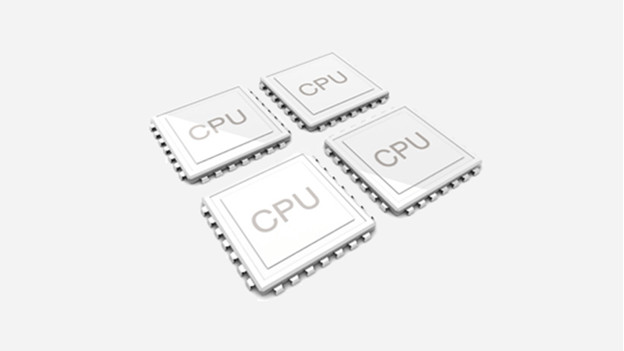
What's a smartphone processor and what does it do?
What's a smartphone processor?

The processor of your smartphone is also called the chipset. It's the component that makes sure everything functions properly. You can compare it to the brain in the human body. All the actions you perform on your smartphone, go straight to the processor. These actions are then transformed into visual changes on your screen. This all happens within the fraction of a second.
How does a smartphone processor work?

You're opening a few pictures in an app, for example. This action is registered by the processor and stored in the memory of your device. That's the fetch phase. The action is then translated to ones and zeros in the decode phase. The instructions are now saved in a language your smartphone understands. It's ready for the execute phase. The processor transmits the ones and zeros, and you can see it all happen on the screen. Your pictures are opened. Finally, the executed instructions are saved in the register memory during the save phase. Afterwards, the process will restart.
What determines the processor speed?

The speed at which a processor processes a certain action depends on a number of factors, like the number of processor cores. The clock speed is another important aspect. Processors with low clock speeds and a smaller number of processor cores work more slowly than processors with high clock speeds and many processor cores. Makes sense, but you do have to pay extra for it. Actions performed on a cheaper smartphone will be processed more slowly than on a more expensive model.
Clock speed

The clock speed determines how many instructions the processor can execute per second. A processor with a 1GHz clock speed can process 1 billion instructions per second. The general rule is that higher clock speeds make for faster phones. You can often see this with more expensive smartphones. Their processor cores have higher clock speeds than those of more affordable devices. The number of processor cores also influences the speed of your smartphone.
Processor cores

A processor, also known as CPU, consists of multiple cores: Dual, Quad, Hexa, and Octa core. What do these cores do exactly? Processor cores distribute the work that comes in when you use your phone. One core has a maximum number of instructions it can process within a certain amount of time. If you perform a lot of actions on your smartphone, a queue of sorts will form. If this queue gets too long, part of it will go to the next core. This ensures your smartphone will keep functioning smoothly.
Conclusion
Let's list it all. The processor of your smartphone is the component that converts all your actions into visual changes on the screen. It can do this thanks to the number of cores and a certain clock speed. The number of cores ensures actions are always processed on time. The clock speed determines the amount of instructions that can be executed per second. The higher the clock speed, the faster the smartphone. My tip: don't just look at the amount of cores, but also at the clock speed.


